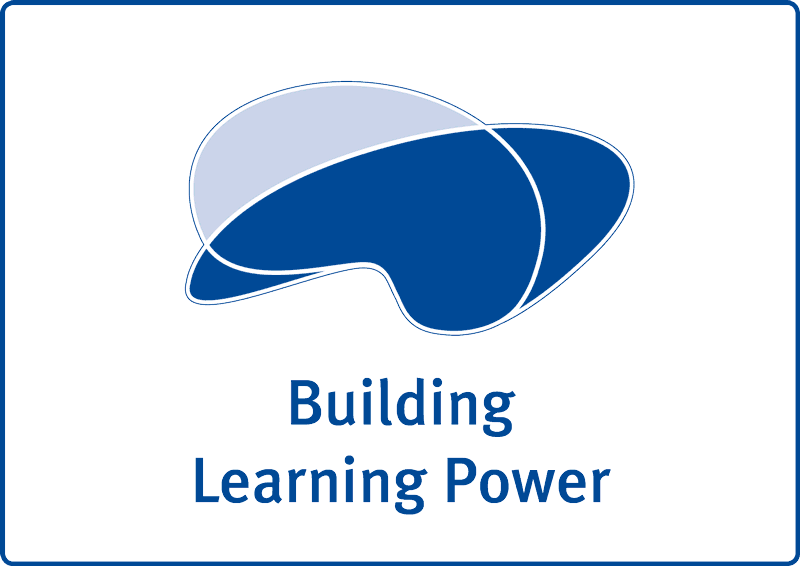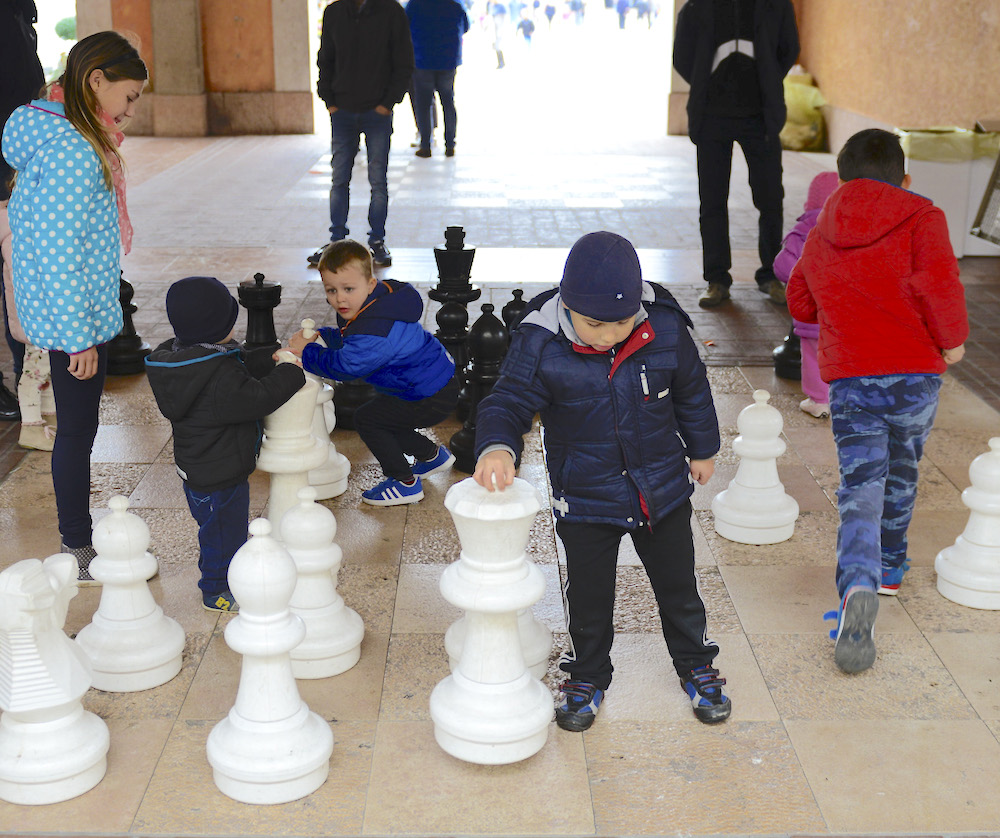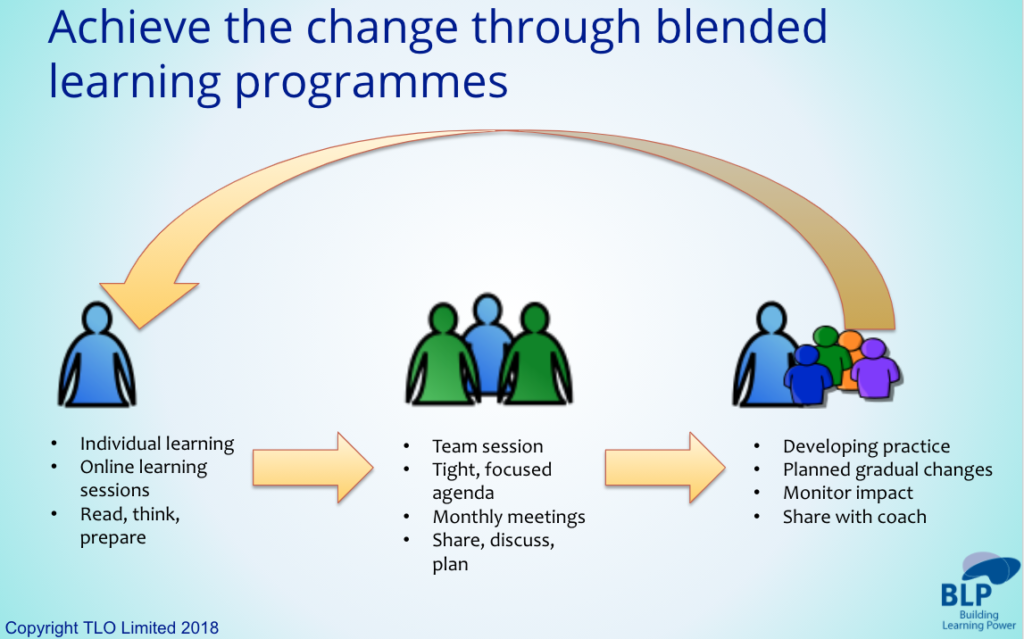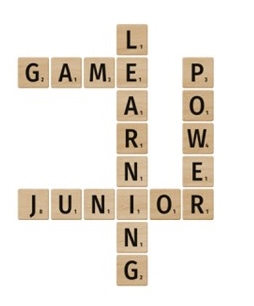I’ve pulled together some information about our programmes which I hope you’ll find useful.
Take a look and let me know if you’d like to discuss possibilities via a Zoom call.
1. Building powerful learners through a blended learning programme
Helping schools manage this whole school development
Over the last twenty years we’ve found that building students’ learning habits means teachers having to amend / change / grow / adapt their teaching habits. It’s not been about them just picking up a new teaching technique, or buffing up on content knowledge, it’s all been about managing the classroom differently.
As you’ll know, changing teachers practice is a delicate, complex process…it’s hard and it takes time and effort.
That’s why we’ve developed a blended learning programme, based on how adults learn, . The three elements of the programme fit together in a dynamic cycle;
- Content...researched classroom approaches offered in the online modules
- Support...use of the well-known professional development approach – Professional Learning Communities (TLCs) with agendas mapped out in each module
- Action...classroom enquiries supported by advice on designing enquiry questions and monitoring tools.
2. A new front end to the programme
Why a learning power ‘game’?
We now have a new start to our programme called Playing the Learning Power game. This is proving popular but details have still to reach our website! But why, you might wonder, do we refer to it as a ‘game’?
Games can be used as a metaphor for learning anything and you tend to get better at anything if you treat it as a game. This programme is about learning to play the familiar game of learning but with an additional ingredient; that of learning dispositions or powers. This subtle addition changes the game of education to one of building learning character at the same time as building knowledge. So the programme explores certain guidelines and conventions that help to frame learning in ways that allow positive learning dispositions to flourish…how you might set up the game, get to grips with some new rules and tactics and learn to appreciate how you score it’s all important new endgame…that of the self-regulating learner.
2a. Year 1 Playing the Learning Power game programme
‘Playing the Learning Power game’ helps a school take a strategic approach to building better learners and developing learning-friendly classroom cultures. It offers you about a year’s worth of development materials and you could think of this as the junior game because, while it introduces all the key learning behaviours, the focus is on the foundational four, Perseverance; Curiosity; Collaboration and Revising, to promote students’ emotional engagement, their cognitive range, their social adeptness and, critically, their strategic awareness. This first phase of the programme forms a solid base on which to build wider, deeper and more sophisticated approaches in years 2 and 3. This phase is accompanied by a resource for senior leaders – ‘Leading the learning power game’.It offers the key messages of the blended learning programme; advice on launching the programme to teachers; observation tools to support keeping track of progress and ways to maintain momentum into the future. Securing the four foundational behaviours has been found to be an essential first step that leads on to ‘Playing the Deeper Learning Power Game‘ This phase of the programme has twelve online modules offering a deeper, richer look at helping learners to: The twelve ‘deeper’ online modules can be used in whatever way the school sees fit. (e.g. in any order, specific modules for specific subjects, some modules pursued as action learning projects etc.) If you have colleagues who need to be brought up to speed about developing students’ learning power, here’s a resource that will give them a quick rundown on its various facets. Many schools have found this Seven Big Questions resource useful in helping senior leaders to get to grips with the fundamental ideas, or to give staff a feel for it before starting the programme. I hope you find it useful. Use this link for exploring BLP quickly 7 BIG QUESTIONS If you have found this information interesting just give me a ring for a chat.
3. How the programme deepens in year 2 and 3

4. Pricing and logistics
The core programme
Additional support:
5. A free resource




Comments are closed.